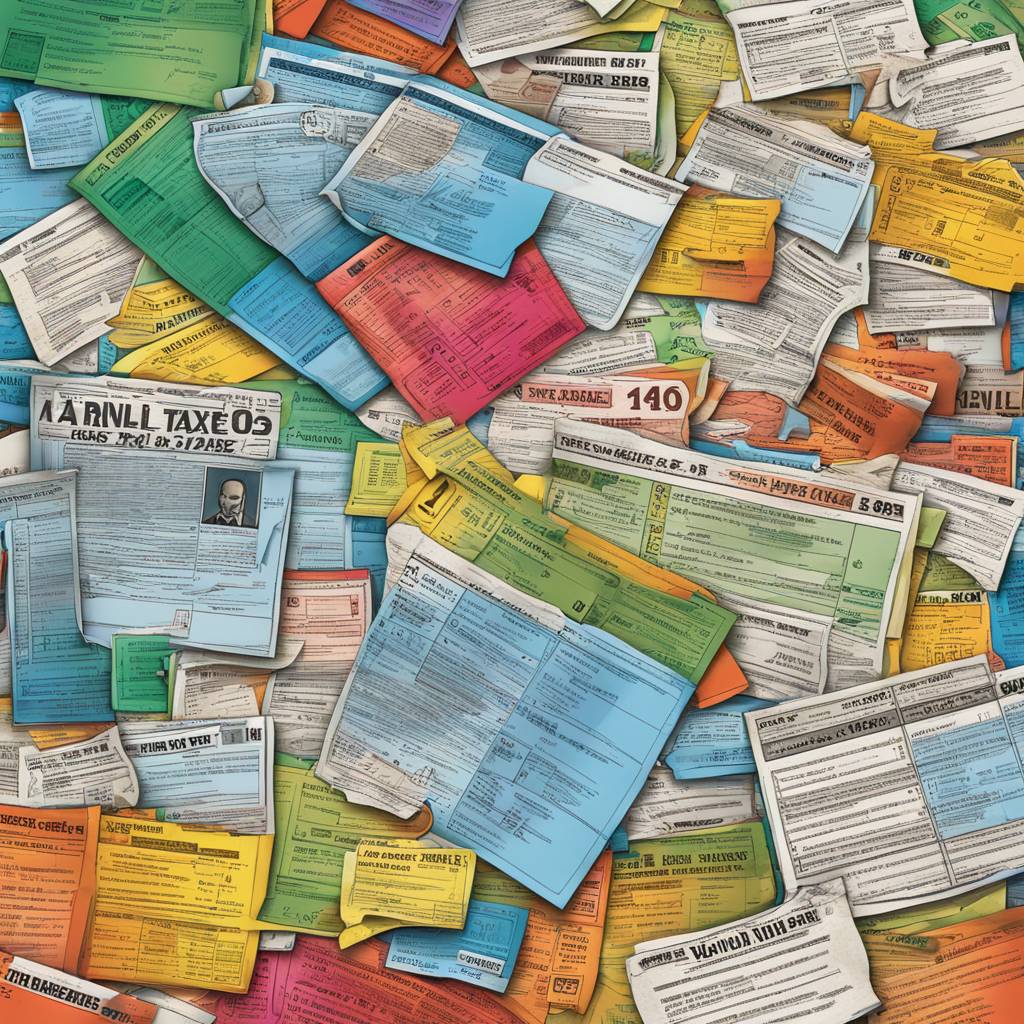With Tax Day looming, over 80 million Americans have already filed their 2024 income taxes, totaling $169 billion in refunds. For those who haven’t filed yet, it’s crucial to gather all necessary tax documents and complete their returns promptly. This article is part of CNET’s Taxes 2024 coverage, providing insights into tax software, tips, and essential information for filing and tracking refunds.
While most states align with the federal tax schedule, some have unique timelines for state taxes. It’s important to be aware of the specific dates relevant to your state. The 2024 tax season began on Jan. 29, and the IRS has been processing returns and distributing refunds for over eight weeks. Employers must send out W-2 and 1099 forms by the end of January, so individuals should follow up if they haven’t received these documents yet. The federal deadline for filing 2023 tax returns is April 15, 2024, while residents of Maine or Massachusetts have until April 17 due to holidays.
It’s crucial to be aware that requesting a tax extension with the IRS does not extend the payment deadline. Taxpayers must still pay any outstanding amounts by April 15 to avoid penalties, even if they secure an extension until October to complete their paperwork. Some states have different tax return deadlines, so individuals should check with their state’s Department of Revenue for the most current information. For those anticipating a refund, the IRS advises that electronic filers opting for direct deposit can expect their refund within 21 days, while paper checks may take 4 to 6 weeks.
Several states, including Alaska, Florida, Nevada, New Hampshire, South Dakota, Tennessee, Texas, Washington, and Wyoming, do not collect income taxes. Of the 41 states that do, most adhere to the federal filing deadline of April 15, with a few exceptions like Delaware, Iowa, Louisiana, and Virginia. Taxpayers can typically request an automatic filing extension for state taxes, but any outstanding payments must still be made by the original deadline. Military personnel serving abroad and those in federally declared disaster areas may have additional time to file their taxes.
For individuals who have yet to file their 2023 tax returns, it’s imperative to take action before the impending deadlines. With the IRS processing millions of returns and issuing refunds, the sooner you file, the quicker you can expect your refund if eligible. Utilizing electronic filing and opting for direct deposit can expedite the refund process. Stay informed about tax software options, homeowner tax breaks, and other essential tax-related information to ensure a smooth filing process and maximize potential refunds.












